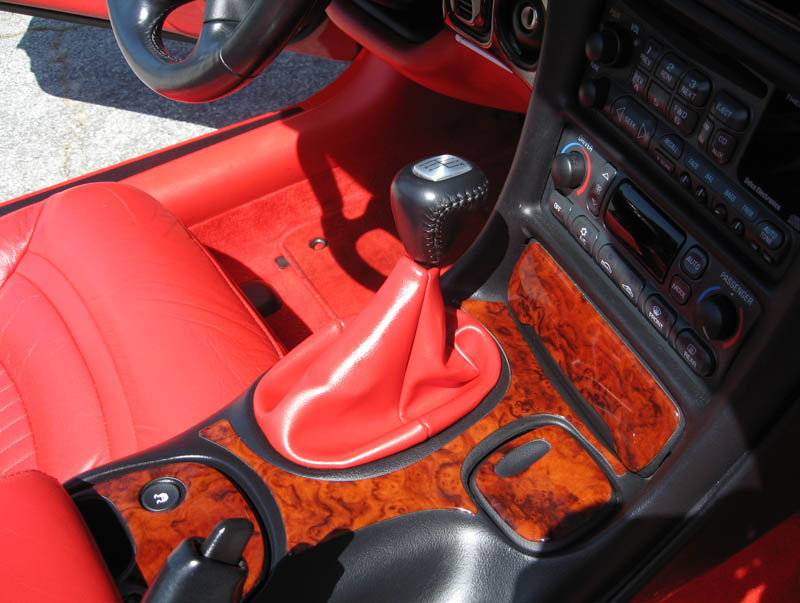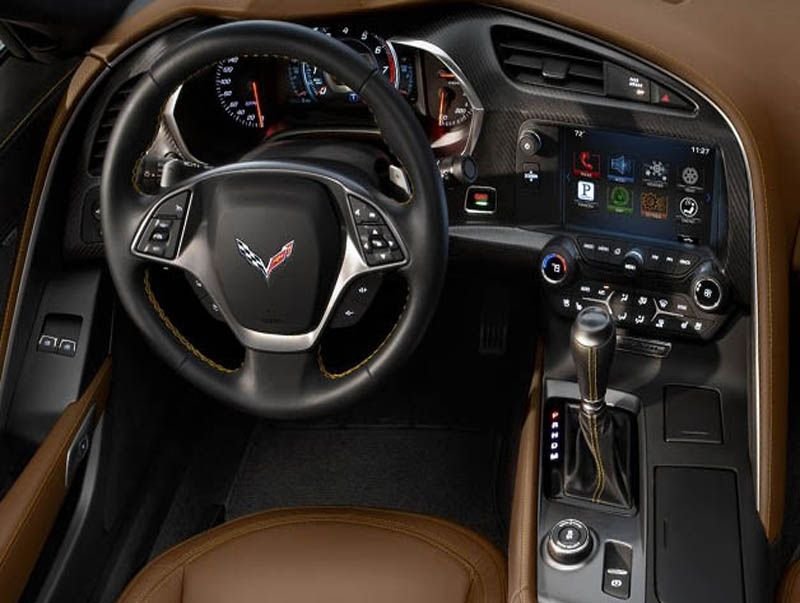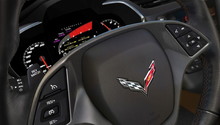Corvette: Why Buy an Automatic Corvette?
Automatics in sport cars can be fun, too. This article examines some of the benefits of buying an automatic Corvette over a standard.
This article applies to the Corvette C5, C6 and C7 Corvette (1997-current).
Once upon a time, performance cars all came with standard transmissions. If your car didn't have a clutch, you were thought less of because you couldn't enjoy all that horsepower and driving experience with an automatic. After the initial run of first-year Corvettes, most came from the factory with 4-speeds and if you wanted a 2-speed Powerglide, you had to special order it. Automatic cars weren't considered "as cool" as the stick cars and even today some hardcore enthusiasts or racers frown on a car with no clutch pedal. Purists enjoy banging through the gears to feel all that the car has to offer and find automatics "boring" because it is a simple gear select.
Fast forwarding to modern times, 3-speed automatics are long gone, which rarely allowed the engine to live in its optimal comfort zone, making most opt for the standard shift route. With the advent of computer-controlled engines and multiple-speed automatics, today's performance cars are light years ahead of its ancestors. Today a computer, along with all of the engine and transmission sensors, can shift a car much more quickly and precisely based on factory parameters.

Figure 1a. Corvette C5 automatic gear. 
Figure 1b. Corvette C5 manual gear.
If your Corvette is a daily driver and stop-and-go traffic is part of your commute on a regular basis, choosing an automatic should be something to consider. As enjoyable as stick cars are, constantly changing gears to and from work can get old very quickly. At some point, the joy of shifting gears becomes a chore and not something to look forward to on a daily basis. Also, clutches wear and require changing over time, which can be expensive at worst. Replacing the clutch becomes time consuming for the DIY person because it requires special tools and lifting equipment.
For performance applications, the advance of torque converters have also gone a long way to make an automatic Corvette a more popular choice. If you raced a high-performance, high-horsepower car in order to get the power to the differential, you had to go with a much looser torque converter, which drastically hurt the street manners of the car, making it less fun to drive because it would buck like a wild horse at stop lights. Also, the higher the stall speeds, the more it would generate heat and that causes the transmissions to decrease a long way from the dragstrip. However, new lock-up torque converters allow for higher stall speeds in street-strip applications to give the transmission—in automatic cars—a much more spirited feel without sacrificing street manners. In fact, when properly equipped with a quality transmission cooler, it's almost impossible to tell that the higher stall converter isn't stocked unless you're racing. Only when you are racing will you see significant decrease in sixty-foot times and lower elapsed times.

Figure 2a. Corvette C7 automatic gear. 
Figure 2b. Corvette C7 manual gear.
So why buy an automatic Corvette? Because of the advance in electronics, multiple-speeds and better converters, the answer is is simple: Why not.
Related Discussions
- Why Buy An Automatic Corvette - CorvetteForum.com
- C6 Automatic vs Manual - CorvetteForum.com






